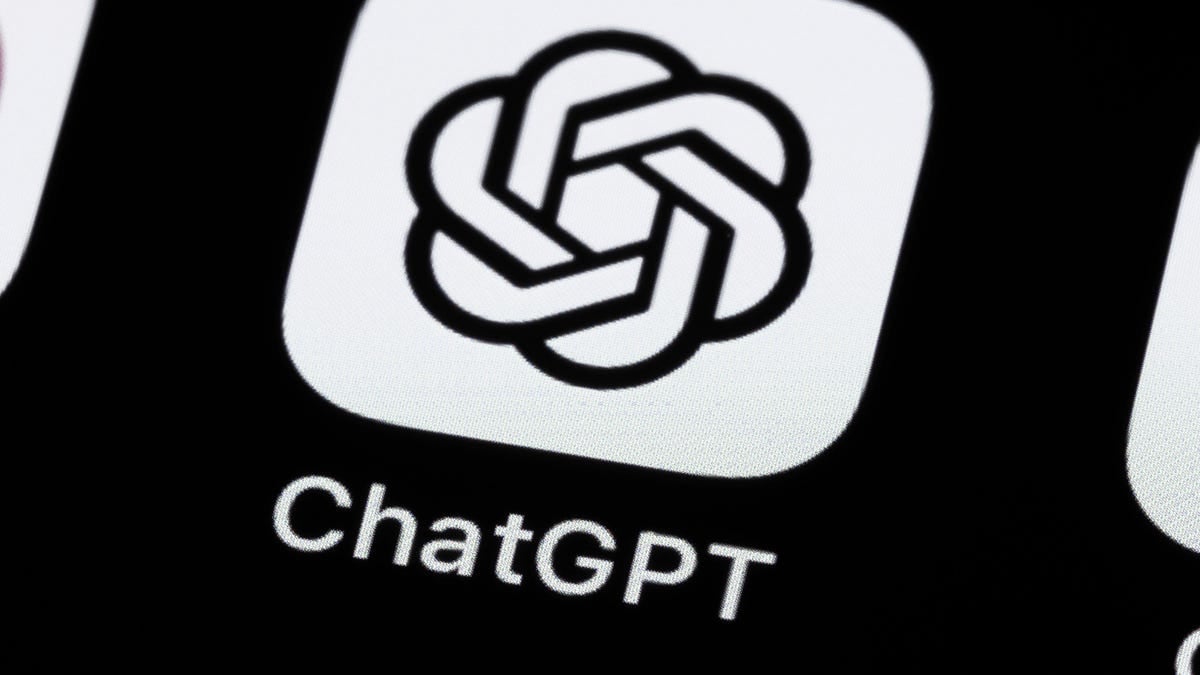The research from Purdue University, first spotted by news outlet Futurism, was presented earlier this month at the Computer-Human Interaction Conference in Hawaii and looked at 517 programming questions on Stack Overflow that were then fed to ChatGPT.
“Our analysis shows that 52% of ChatGPT answers contain incorrect information and 77% are verbose,” the new study explained. “Nonetheless, our user study participants still preferred ChatGPT answers 35% of the time due to their comprehensiveness and well-articulated language style.”
Disturbingly, programmers in the study didn’t always catch the mistakes being produced by the AI chatbot.
“However, they also overlooked the misinformation in the ChatGPT answers 39% of the time,” according to the study. “This implies the need to counter misinformation in ChatGPT answers to programming questions and raise awareness of the risks associated with seemingly correct answers.”



I honestly don’t know how well AI is going to scale when it comes to power consumption vs performance. If it’s like most of the progress we’ve seen in hardware and software over the years, it could be very promising. On the other hand, past performance is no guarantee for future performance. And your concerns are quite valid. It uses an absurd amount of resources.
The usual AI squad may jump in here with their usual unbridled enthusiasm and copium that other jobs are under threat, but my job is safe, because I’m special.
Eye roll.
Meanwhile, thousands have been laid off already, and executives and shareholders are drooling at the possibility of thinning the workforce even more. Those who think AI will create as many jobs as it destroys are thinking wishfully. Assuming it scales well, it could spell massive layoffs. Some experts predict tens of millions of jobs lost to AI by 2030.
To try and answer the other part of your question…at my job (which is very technical and related to healthcare) we have found AI to be extremely useful. Using Google to search for answers to problems pales by comparison. AI has saved us a lot of time and effort. I can easily imagine us cutting staff eventually, and we’re a small shop.
The future will be a fascinating mix of good and bad when it comes to AI. Some things are quite predictable. Like the loss of creative jobs in art, music, animation, etc. And canned response type jobs like help desk chat, etc. The future of other things like software development, healthcare, accounting, and so on are a lot murkier. But no job (that isn’t very hands-on-physical) is 100% safe. Especially in sectors with high demand and low supply of workers. Some of these models understand incredibly complex things like drug interactions. It’s going to be a wild ride.